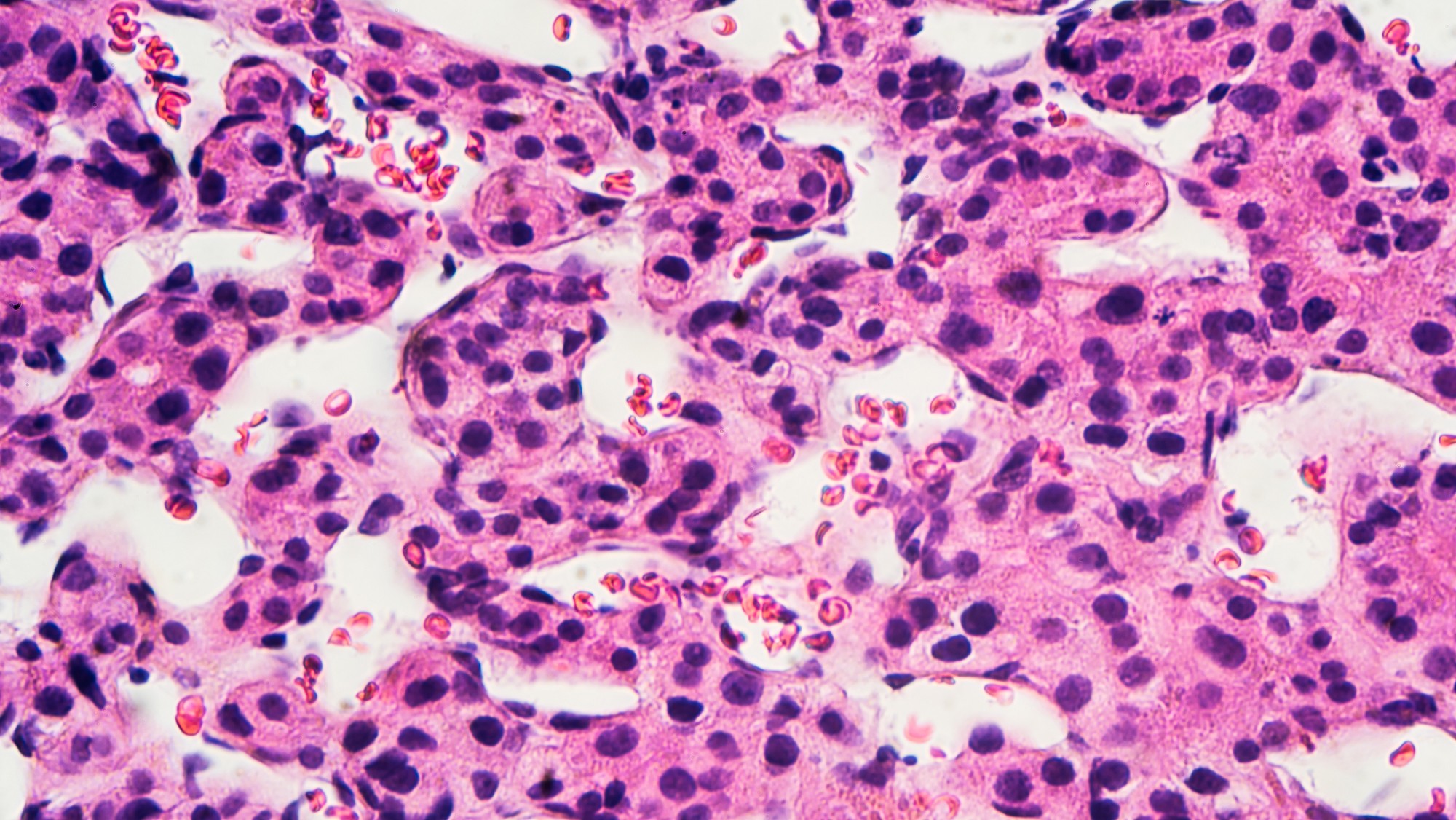By Anatole Tahintzi, Year 12
Almost 40 percent of men and women will be diagnosed with cancer during their lifetime. Medical researchers have been scrambling to find different methods to help reduce the likelihood of this diagnosis resulting in an untimely death. A promising method is that of immunotherapy. Immunotherapy is the treatment of disease by activating or suppressing specific mechanisms of the immune system. In the case of cancer, it targets the body’s immune system towards fighting cancer cells. It is a relatively new form of cancer treatment and has shown promise in treating several types of cancer, including melanoma, lung cancer, and kidney cancer.
Immunotherapies that are designed to elicit or amplify an immune response are classified as activation immunotherapies, while immunotherapies that reduce or suppress are classified as suppression immunotherapies. Cell-based immunotherapies are highly effective for some cancers. Immune effector cells such as lymphocytes, macrophages, dendritic cells, natural killer cells, and cytotoxic T lymphocytes work together to defend the body against cancer by targeting abnormal antigens expressed on the surface of tumour cells. Vaccine-induced immunity to COVID-19 relies mostly on an immunomodulatory T-cell response.
Normally, your immune system identifies and destroys intruders, including cancerous cells. Immunotherapy boosts your immune system so it can do more to specifically find and kill cancer cells, empowering the overall immune response towards the cancer. One of the most common forms of immunotherapy are called checkpoint inhibitors. These drugs target specific proteins on the surface of cancer cells that help them evade the immune system. By inhibiting these proteins, checkpoint inhibitors allow the immune system to recognize and attack the cancer cells. Another form of immunotherapy is CAR T-cell therapy. This treatment involves taking immune cells called T-cells from the patient’s blood and genetically modifying them to target specific proteins in cancer cells. The modified T-cells are then infused back into the patient, where they can attack and destroy the cancer cells. Other treatments rely on monoclonal antibodies: lab-made proteins that mimic the immune system’s ability to fight off harmful invaders. Monoclonal antibodies can be used to block the growth and spread of cancer cells by targeting specific proteins on their surface. A fascinating treatment is that of using oncolytic viruses. These viruses are genetically engineered only to infect and kill cancer cells while leaving normal cells unharmed. Another treatment that might sound familiar is that of cancer vaccines. Some cancer vaccines are used to prevent cancer from developing, while others are used to treat cancer that has already developed. Other types of immunotherapy include cytokine therapy and adoptive cell transfer.
Immunotherapy has shown great promise in treating cancer, with some patients experiencing complete remission as a result. The immune system is precise, so it can target cancer cells exclusively while sparing healthy cells. The immune system can adapt continuously and dynamically, just like cancer does, so if a tumour manages to escape detection, the immune system can re-evaluate and launch a new attack. The immune system’s “memory” allows it to remember what cancer cells look like, so it can target and eliminate the cancer if it returns. Some studies have found that combining immunotherapy with other treatments, such as chemotherapy or radiation therapy, may improve outcomes. However, not all patients see positive results from immunotherapy. Some patients have suffered from side effects such as inflammation and autoimmune reactions. Researchers are still working to understand why some patients respond positively to immunotherapy while others do not.
In conclusion, immunotherapy is a promising new form of cancer treatment that harnesses the power of the immune system to fight cancer cells. Despite some limitations, it has shown globally remarkable results in treating various types of cancer, and researchers are working to enhance its effectiveness and availability.



